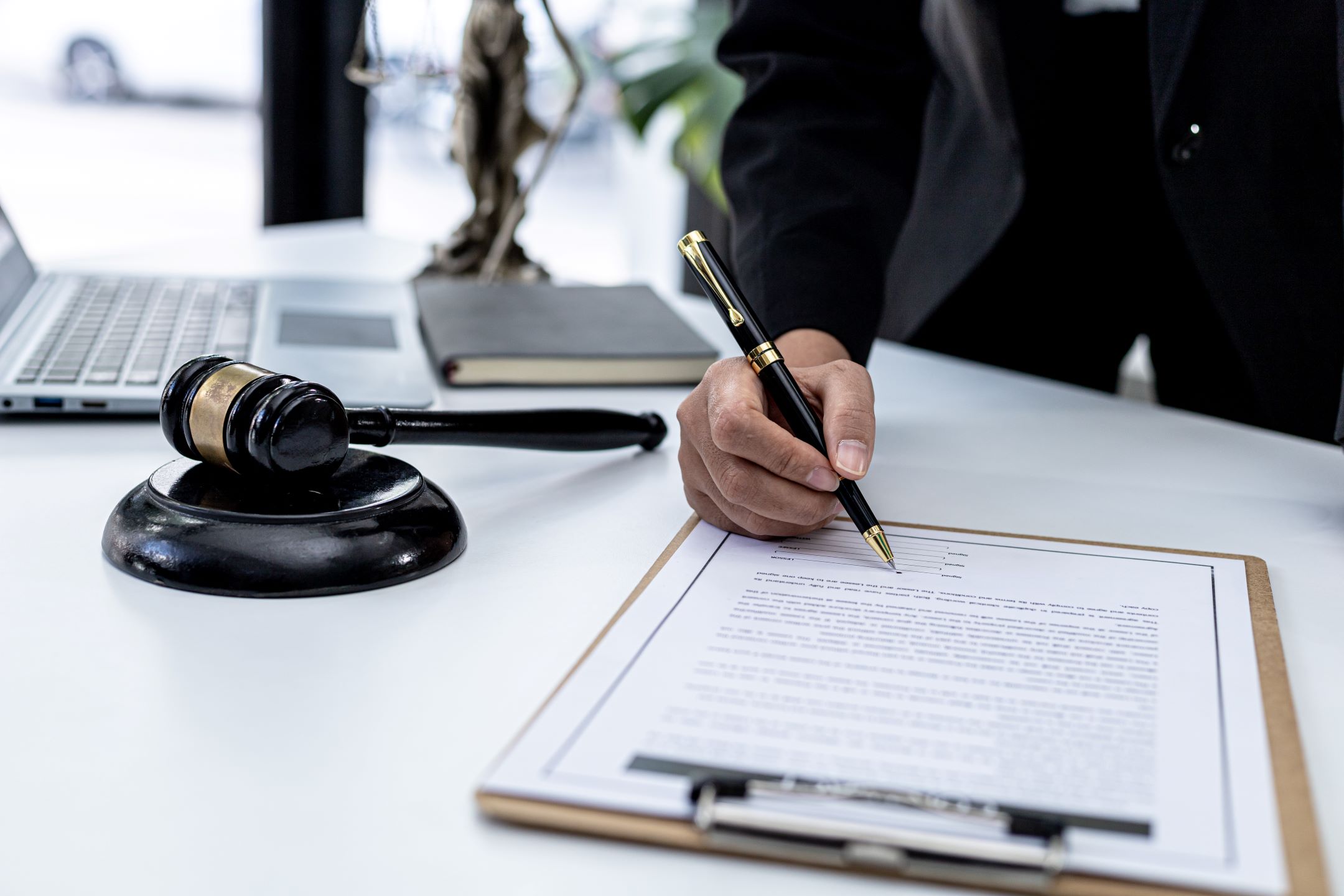Facing criminal charges is one of the most stressful situations anyone can experience. It’s natural to feel overwhelmed, confused, or even scared. But what you do next is crucial. Being well-prepared can make a big difference to the outcome of your criminal case.
In this guide, you’ll learn the essential steps to help you handle the process with confidence and clarity. Read on!
Hire an Experienced Criminal Defense Lawyer
Hiring a criminal defense attorney is essential when you face legal charges. A knowledgeable lawyer will take you through the process, protect your rights, and help you understand what to expect. They also work to build a solid defense tailored to your case, ensuring you have the best chance for a fair outcome.
It’s crucial to find an attorney with expertise in criminal law, especially one familiar with the specific charges you’re facing. A county district attorney who understands the federal court system and has experience dealing with similar criminal cases can be a great advantage.
During your initial consultation, come prepared to discuss your case. Ask questions to ensure the attorney understands your situation and can provide proper support. This meeting is a chance to gauge their approach and see if you feel comfortable with their strategy for defending you.
Exercise Your Right to Remain Secret
When facing criminal charges, it’s critical to exercise your right to remain silent. This right helps protect you from self-incrimination, as anything you say can be used against you in court. While you may feel the need to explain your side, it’s best to wait until you have legal representation before going to the police station or speaking to investigators.
Law enforcement may try to question you to gather information. In these situations, calmly and respectfully state that you’re choosing to remain silent until your lawyer is present. This will keep you from accidentally saying something that could harm your case.
Remember, staying silent is a powerful tool to protect yourself legally. Your lawyer will guide you on what to say and how to handle interactions with law enforcement, ensuring your rights remain intact.
Understand the Charges Against You
You must clearly understand what you’re facing to prepare for criminal charges. Know whether the charge is a misdemeanor or a felony, as each carries different consequences.
Misdemeanors typically involve fines or short prison time, while felony counts can result in longer prison sentences and larger fines. Understanding the severity of your situation helps you know what to expect.
Review all legal documents you received, like the complaint or indictment. These papers outline the charges against you. If anything is unclear, ask for clarification, especially if the legal terms are confusing, to avoid any surprises later.
Getting a clear understanding of your charges, whether it’s drug possession or domestic violence, will allow you to make smarter decisions as you move forward. It’s the foundation of your defense and will help your attorney guide you through the process.
Gather Evidence and Documentation
The next step is gathering and documenting evidence to support your defense. Work closely with your legal team to collect anything that could help your official proceeding. This might include photos, videos, electronic records, or documents that could challenge the prosecution’s claims.
If there were witnesses at the time of the incident, give your attorney their contact details. Witnesses can provide testimony that might support your defense. Also, if you have an alibi or proof showing you were somewhere else during the alleged crime, gather that information.
Providing as much relevant evidence as possible will help your lawyer build a strong defense. The more details they have, the better they can fight the charges against you.
Follow Legal Advice and Stay Informed
It’s essential to follow your lawyer’s advice throughout the legal process. They’ll tell you what to say, how to act in the court hearing, and what steps to take next. For example, it’s vital to comply if they suggest avoiding certain people or behaviors. Failing to follow their advice can negatively affect your case, making things more difficult.
In addition to following advice, ensure you’re up-to-date with the case progress. Regularly communicate with your lawyer and ensure you attend all meetings, court hearings, and other criminal proceedings. This involvement keeps you updated and helps you understand what’s happening at each stage of your case.
As you stay engaged, you’ll feel more in control of the process. Keeping up with the status of your case will help reduce anxiety and make the situation more manageable. Each update from your lawyer will clarify and help you prepare for what comes next.
Consider Plea Bargains Carefully
Sometimes, your lawyer may suggest considering a plea bargain with the prosecution. A plea bargain involves pleading guilty to a lesser charge in exchange for a reduced sentence or penalty. While this can seem like a good option, discuss the advantages and disadvantages with your lawyer first.
Before agreeing to any plea bargains, clearly understand the terms. A plea deal might help avoid a lengthy criminal trial and a harsher punishment. For example, accepting a lesser charge could result in a shorter sentence or a smaller fine.
However, if your lawyer believes your case is strong, it might be better to go to trial. Weighing the risks and benefits will help you decide whether fighting the charges or accepting the plea is the best path forward.
Conclusion
Facing criminal charges is undoubtedly challenging, but you can handle the process more confidently with the right preparation. The above tips will equip you with the knowledge you need to protect your rights and work toward a favorable outcome.
Remember, each case is unique, so working closely with your attorney is crucial for a successful defense case. Whether it’s deciding between going to trial or considering a plea bargain, your lawyer’s guidance will be invaluable in making informed decisions.


